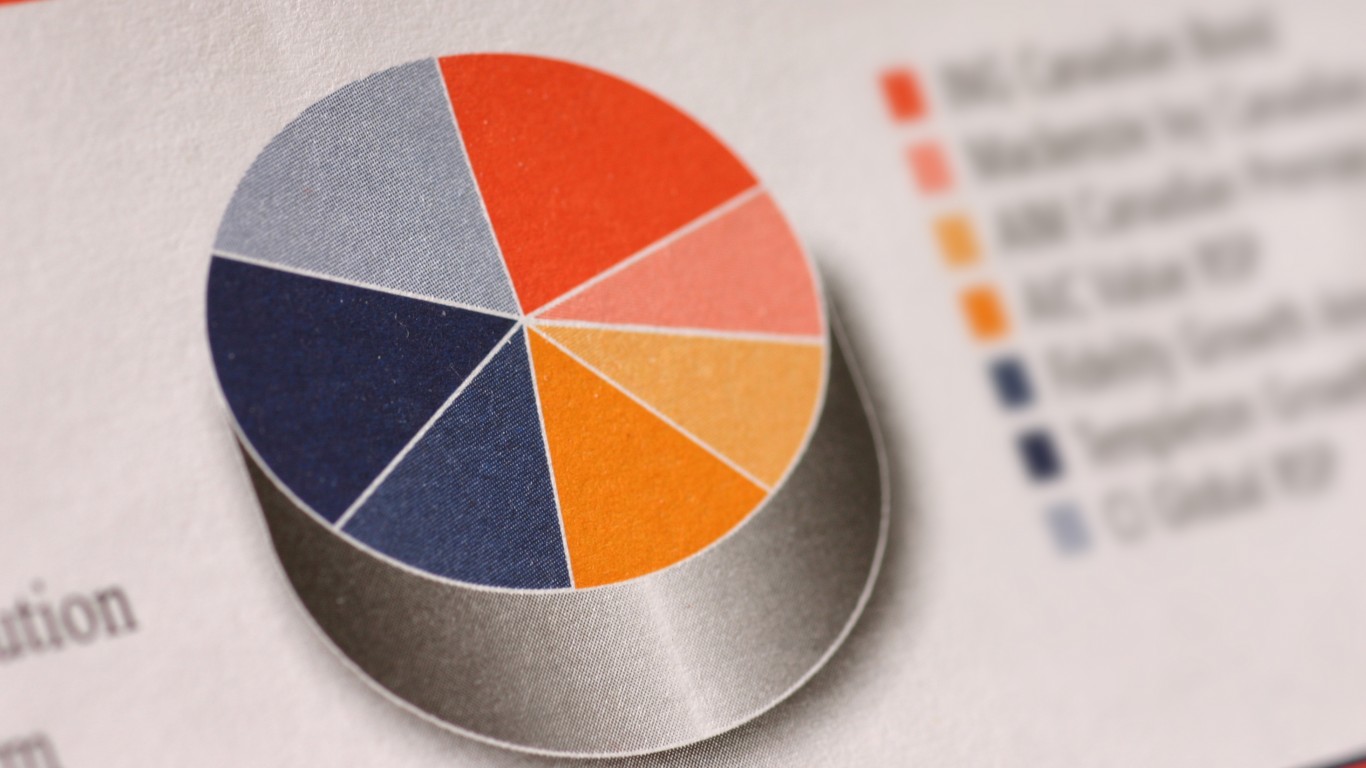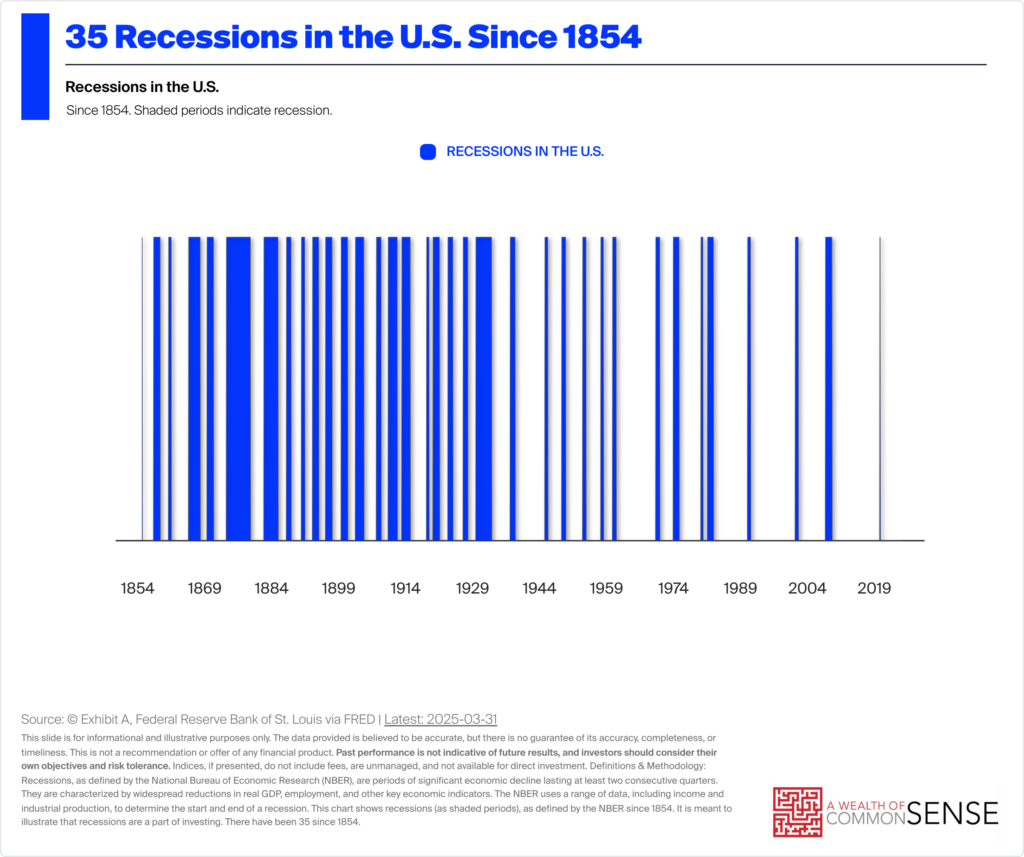2 Social Security Policy Changes Americans Need
These days, millions of older Americans collect a benefit from Social Security each month. And for many retirees, that benefit is the only income they have to live on. Now the reality is that there needs to be more education about the importance of saving for retirement. Social Security was never intended to replace workers’ […] The post 2 Social Security Policy Changes Americans Need appeared first on 24/7 Wall St..

These days, millions of older Americans collect a benefit from Social Security each month. And for many retirees, that benefit is the only income they have to live on.
Now the reality is that there needs to be more education about the importance of saving for retirement. Social Security was never intended to replace workers’ paychecks in full. And retiring on Social Security alone could mean having to make serious sacrifices.
Key Points
-
Millions of older Americans rely on Social Security, but the program is far from perfect.
-
The program’s cost-of-living adjustments need an overhaul.
-
The thresholds at which taxes apply to benefits need to be increased.
-
4 million Americans are set to retire this year. If you want to join them, click here now to see if you’re behind, or ahead. It only takes a minute. (Sponsor)
But there are also steps lawmakers could be taking to make it easier for retirees to manage on their Social Security checks – whether they constitute all of their income or just a significant portion. Here are two key policy changes that could do a world of good for seniors if lawmakers decide to prioritize them.
1. A better formula for calculating COLAs
Social Security benefits are entitled to an automatic cost-of-living adjustment (COLA) each year. This doesn’t mean that benefits are guaranteed to rise from one year to the next. Rather, it means that if there’s an uptick in inflation, those benefits will generally get a boost. If inflation remains flat or decreases, benefits don’t get a COLA.
The problem, though, is that seniors on Social Security have been losing out on buying power for years due to a flaw in the way COLAs are calculated. And in the absence of a change, their struggles are likely to continue.
Social Security COLAs are based on third quarter changes to the Consumer Price Index for Urban Wage Earners and Clerical Workers. The problem, though, is that an index that tracks the costs of workers and folks in urban areas doesn’t necessarily capture the costs that retirees commonly face.
A better solution would be to calculate COLAs based on a senior-specific index — that one would, for example, put a lot of weight on healthcare, since it tends to be one of the largest expenses retirees have to bear. The idea of a change to the COLA formula has been brought up before. But so far, there’s been nothing done to move this shift forward.
2. An updated formula for taxing benefits
Although Social Security gets the bulk of its funding from payroll taxes, the program also gets revenue by taxing some seniors’ benefits. The problem, though, is that the thresholds at which taxes on benefits apply are painfully low. Not only that, but they were established decades ago and have not been adjusted for inflation and wage growth since.
Individuals with a combined income (which is adjusted gross income plus tax-free interest income plus 50% of annual Social Security income) of $25,000 or more pay taxes on some of their Social Security benefits. For married couples, a combined income of $32,000 results in a tax obligation on benefits.
Adjusting these thresholds upward would help more seniors keep their Social Security benefits in full. And it would also make sense to generally adjust those thresholds from year to year in line with COLAs. Unfortunately, this doesn’t seem to be a change lawmakers are eager to run with despite the number of people it would likely impact.
The post 2 Social Security Policy Changes Americans Need appeared first on 24/7 Wall St..
























































































































































